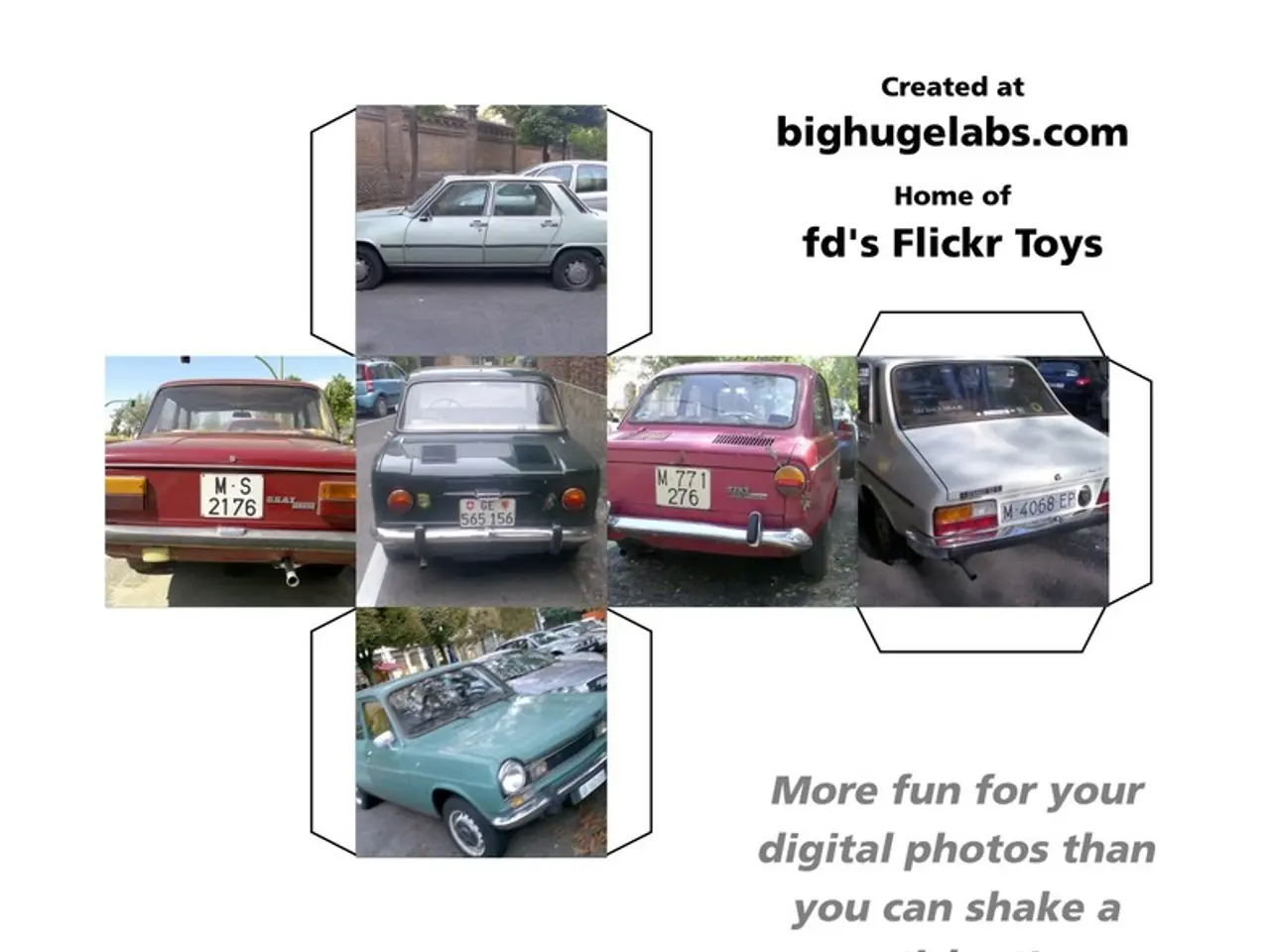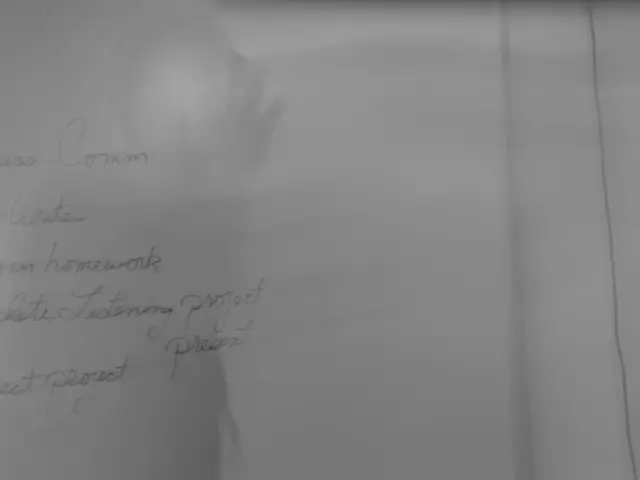Struggling infrastructure and outdated technology options cause concern within the automobile industry at the initial gathering of the Strategic Dialogue workstream
The European auto industry is calling for immediate action to accelerate the transition to decarbonised road transport, as the uptake of zero-emission vehicles in Europe is slower than anticipated.
According to Sigrid de Vries, ACEA Director General, a market-driven policy is needed to drive demand for zero-emissions vehicles and overcome the competitiveness crisis in the auto industry. De Vries also backed the introduction of a pan-European incentive scheme.
The first Strategic Dialogue thematic session on infrastructure and demand was dedicated to decarbonisation. The pace of installing recharging and refuelling points in Europe is too slow and does not cover projected demand. Almost 60% of all charging stations in Europe are located in only three countries - Netherlands, France, and Germany. There is almost no availability of charging and refuelling infrastructure for heavy-duty vehicles in Europe.
Benjamin Krieger, our website Secretary General, emphasized the importance of making electrification work and the need for an approach that makes a difference. Krieger highlighted the importance of charging infrastructure and incentives for vehicles in reducing emissions. Krieger also expressed concern about discriminating against technologies that contribute to climate targets.
The European automotive sector is facing mounting pressure from regulatory CO2 targets this year. De Vries reiterated the call for immediate relief on impending CO2 penalties and an ambitious review of the EU's Alternative Fuels Infrastructure Regulation. The Regulation is currently falling short.
The group outlined feasible actions to support road transport decarbonisation with a long-term technology-open framework. European vehicle manufacturers and suppliers addressed shared concerns at the meeting, including the need for a bold strategy to ensure Europe develops the supply chains for electric mobility and for sustainable renewable fuels.
Krieger called for a bold strategy to ensure Europe develops the supply chains for electric mobility and for sustainable renewable fuels. Without a strategy to develop the supply chains, viable pathways to climate neutrality may be limited.
In conclusion, the European auto industry is urging action to accelerate the transition to decarbonised road transport. This includes the development of charging infrastructure, the introduction of incentives, and a review of the EU's Alternative Fuels Infrastructure Regulation. The industry is also calling for a strategy to develop the supply chains for electric mobility and sustainable renewable fuels.





